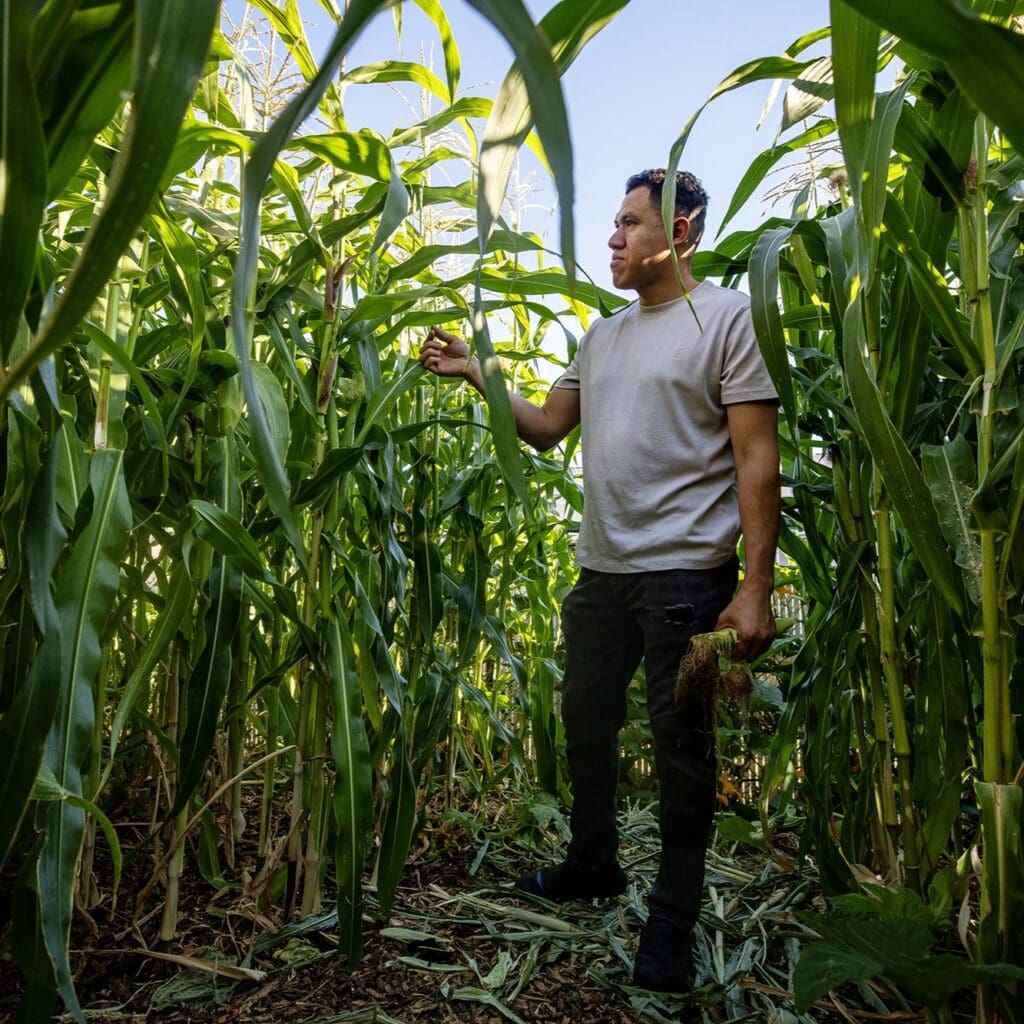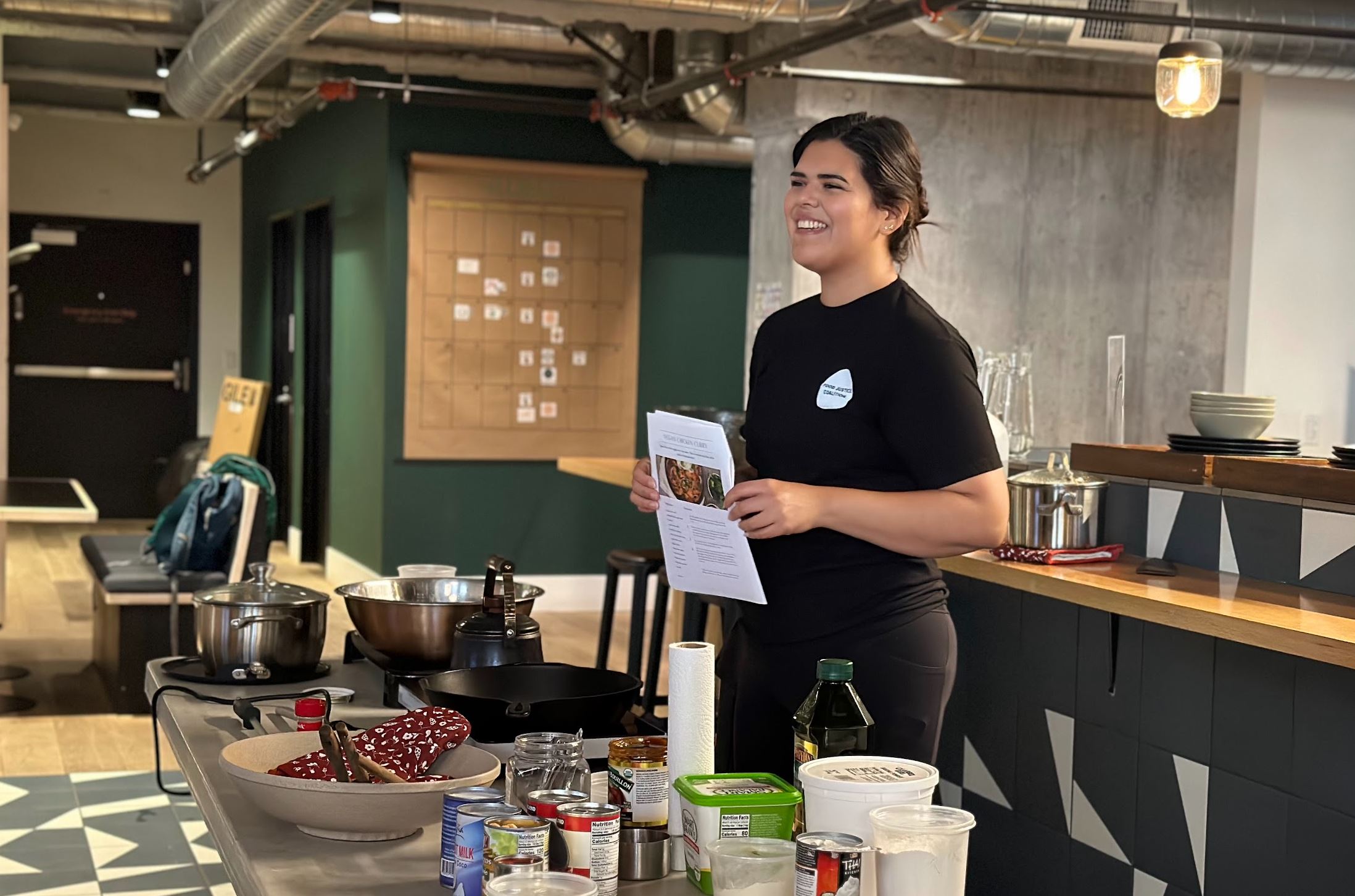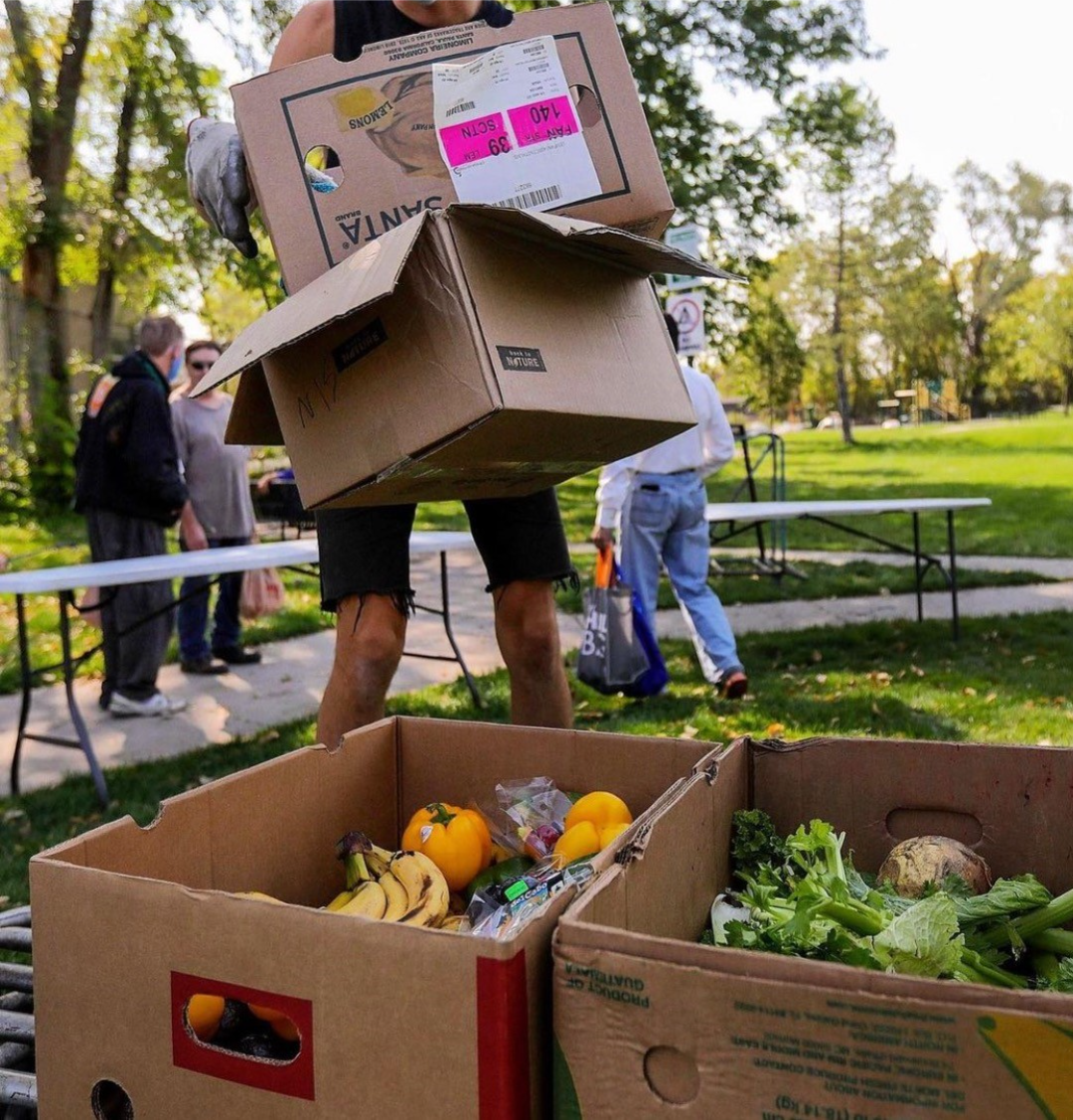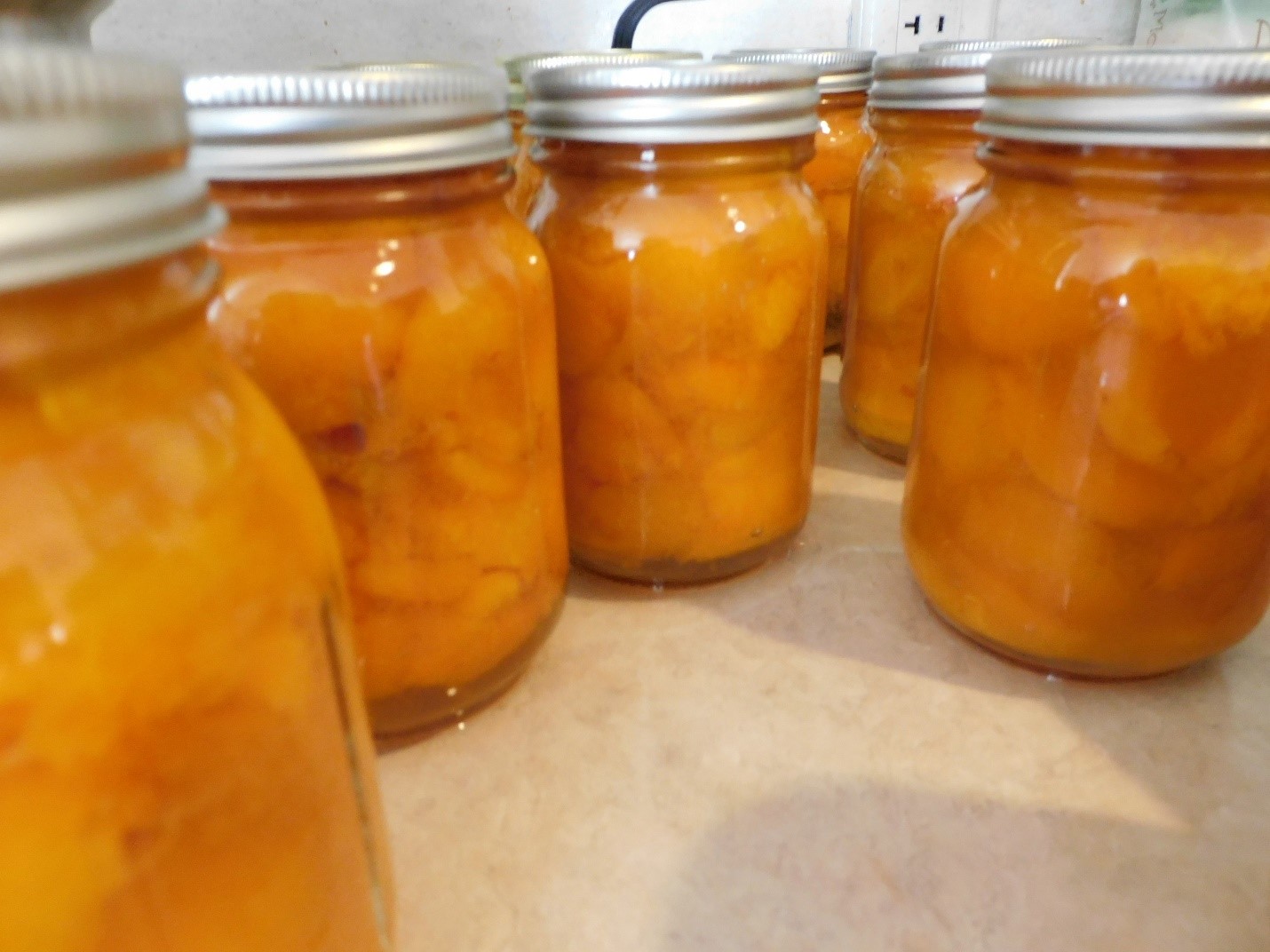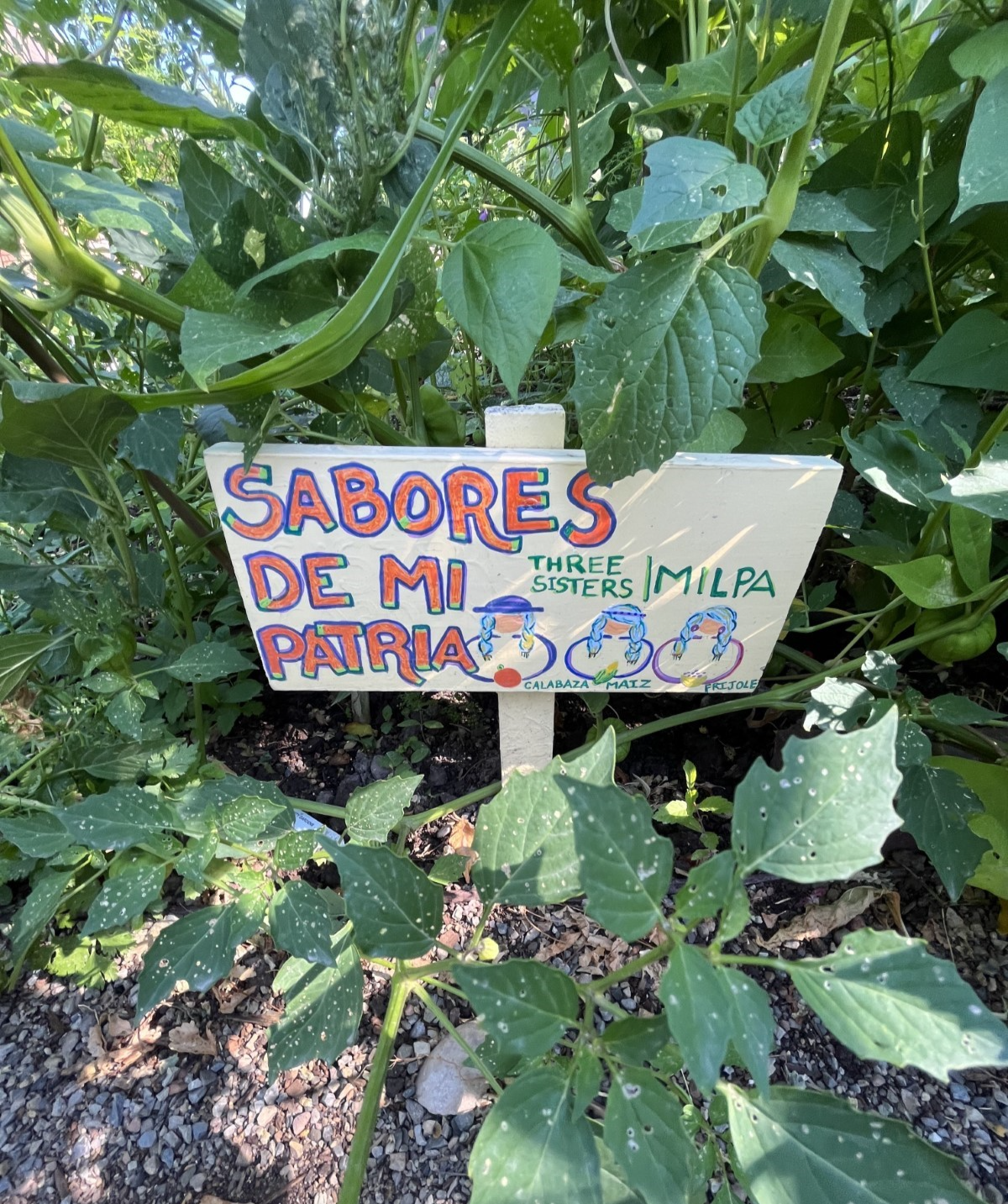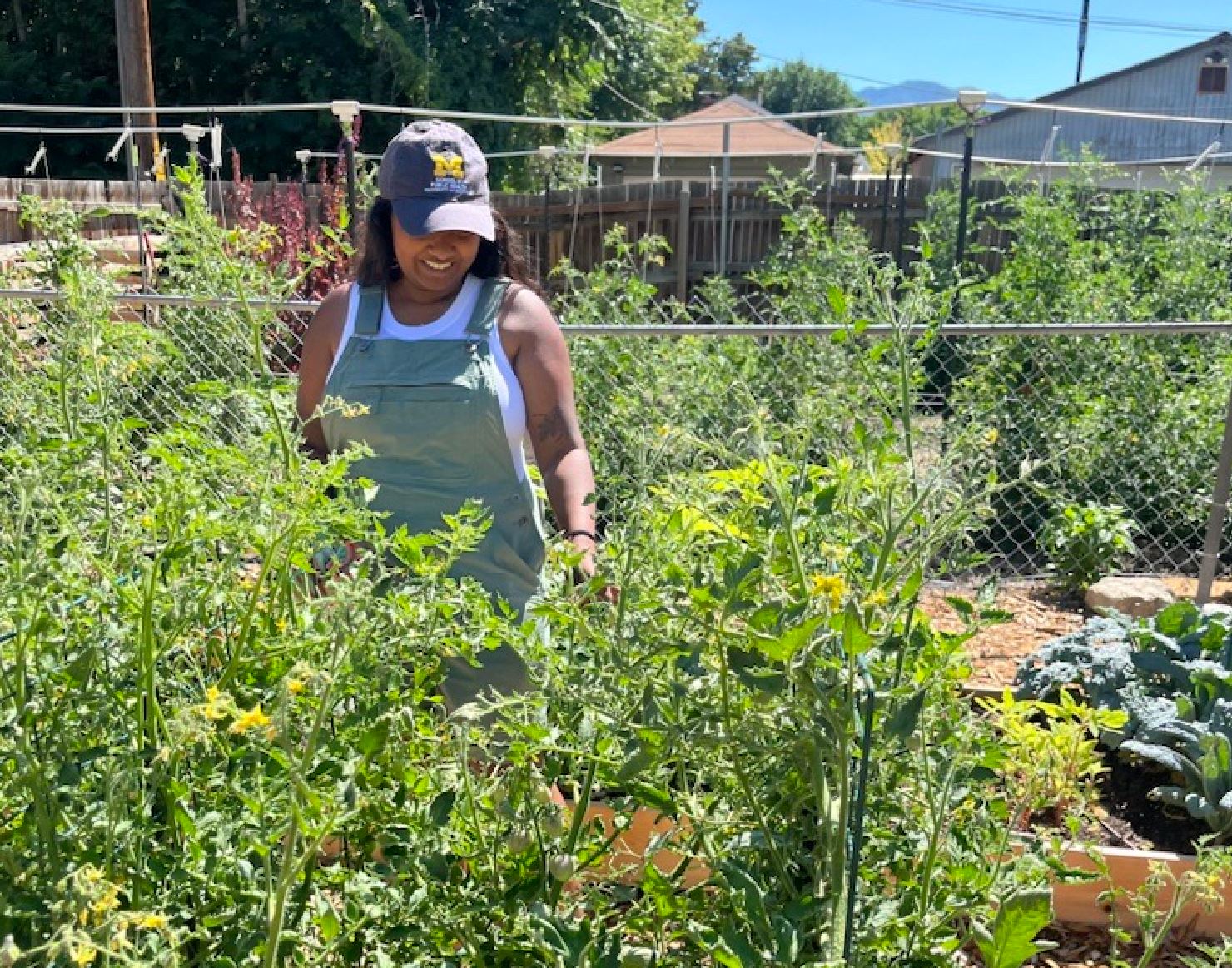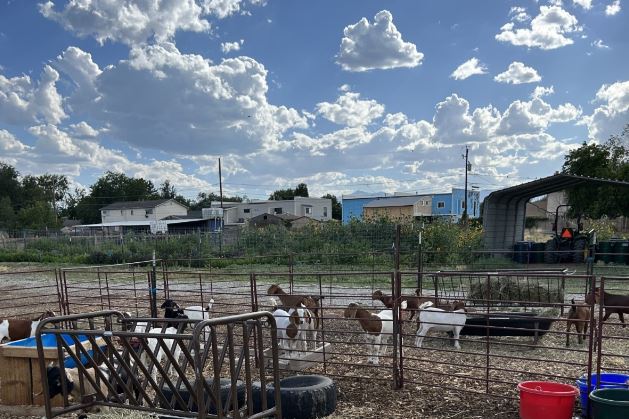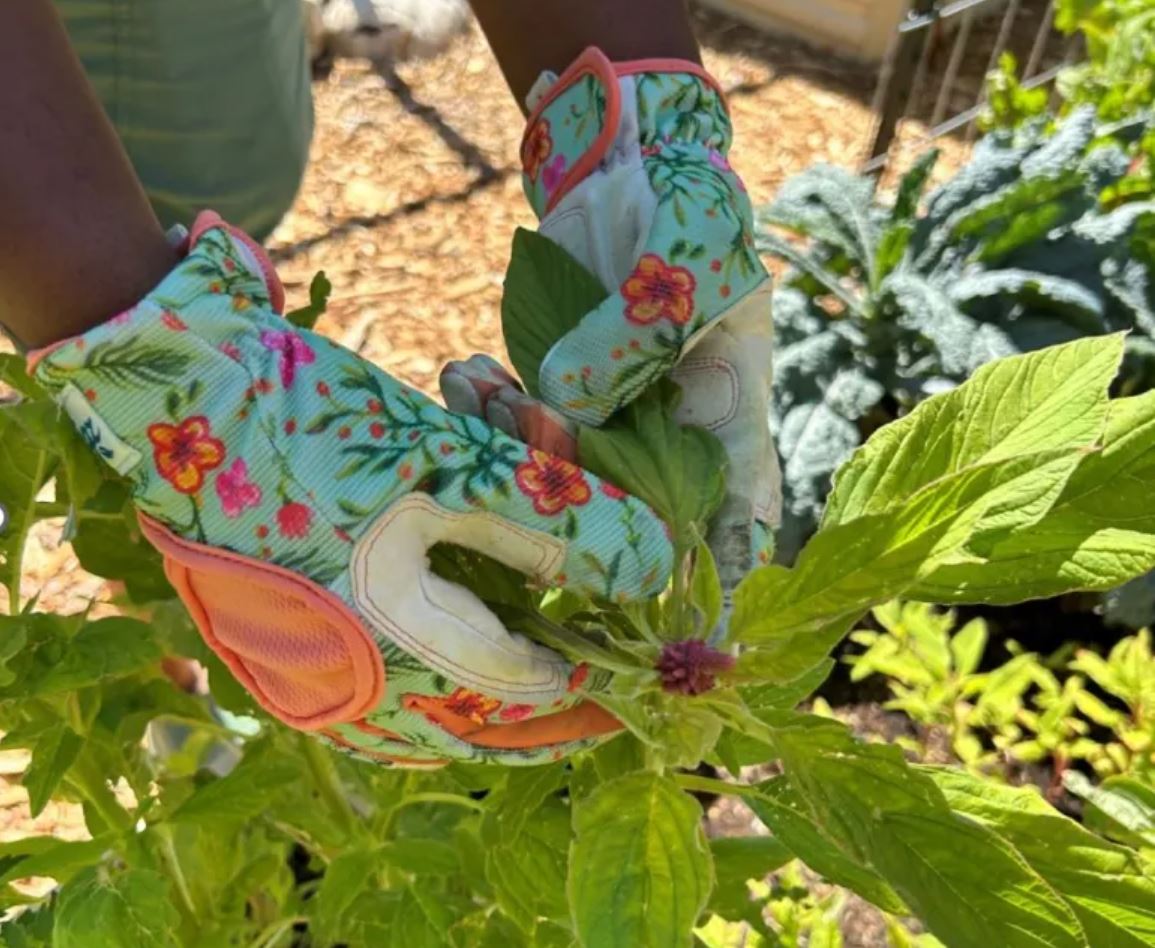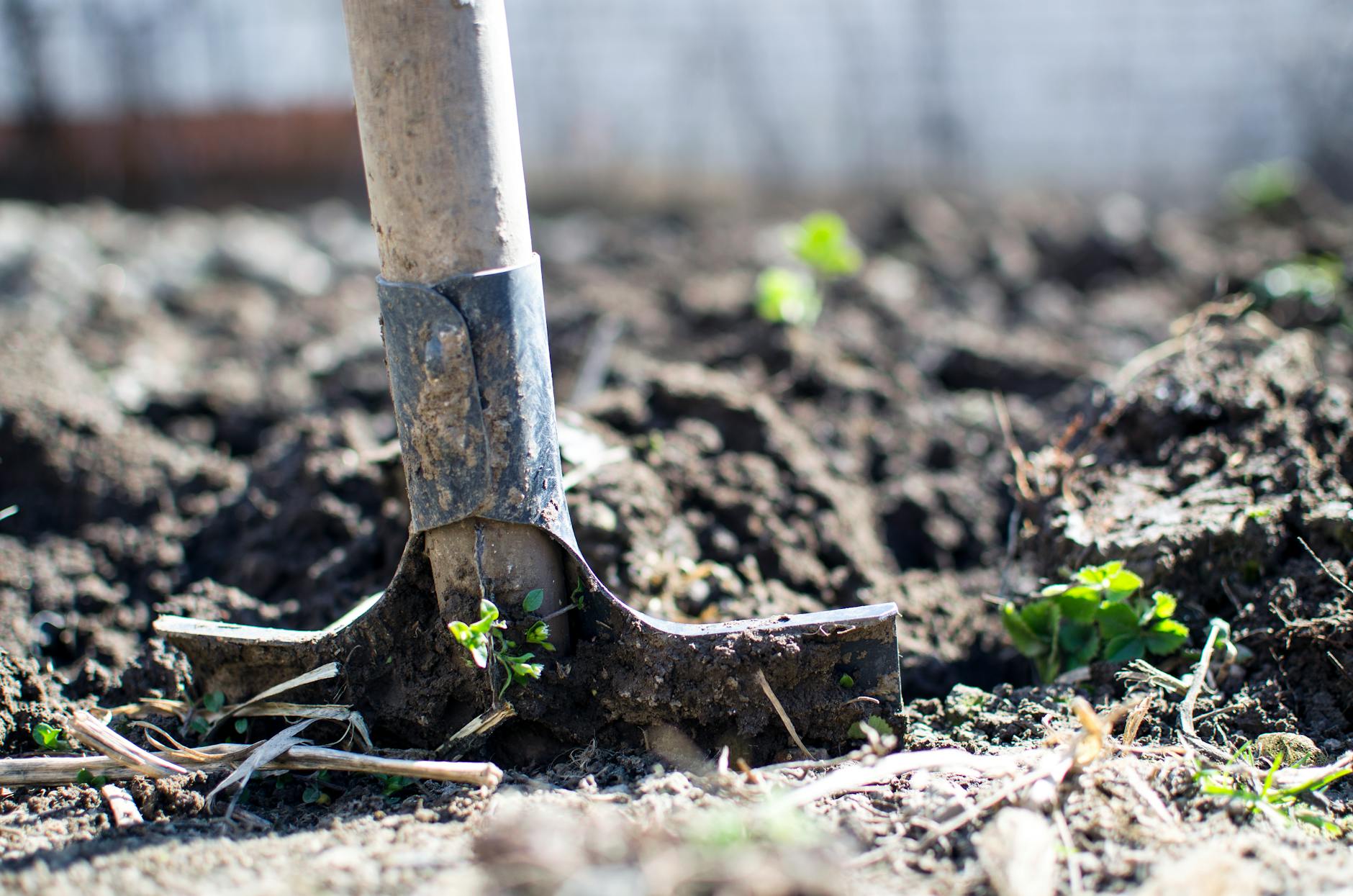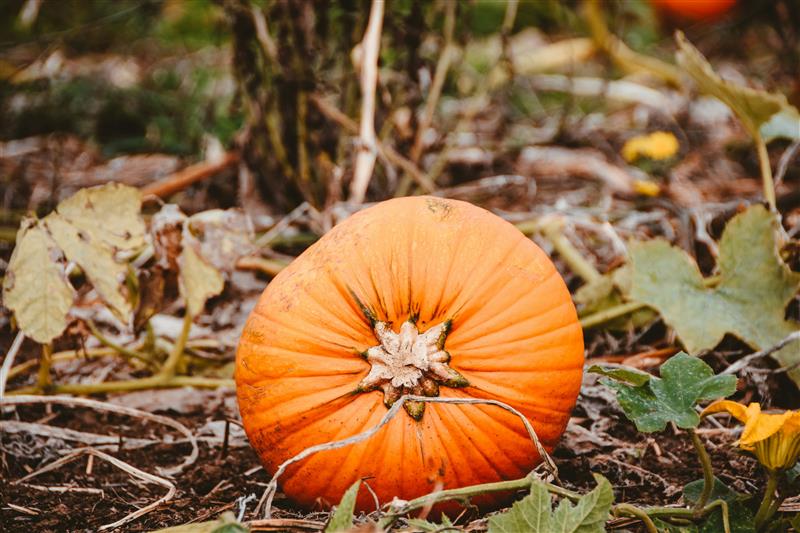
As Salt Lake gardeners know, the cold is settling in and the growing season has just come to a close. We are all gearing up for holiday season – a time when food is more than just a meal. It is central to cultural celebrations and community connections.
This is an especially hard time for food insecurity.
In our city, about 1-in-4 (25%) residents are food insecure. Thousands of our neighbors rely on the Supplemental Nutrition Assistance Program (SNAP), formerly called “food stamps,” to make ends meet. Even when the benefit program is operating normally, families often must make difficult choices between necessary expenses like healthcare, childcare, paying rent, or putting food on the table. That is why recent developments around SNAP have been so concerning.
Continue reading
